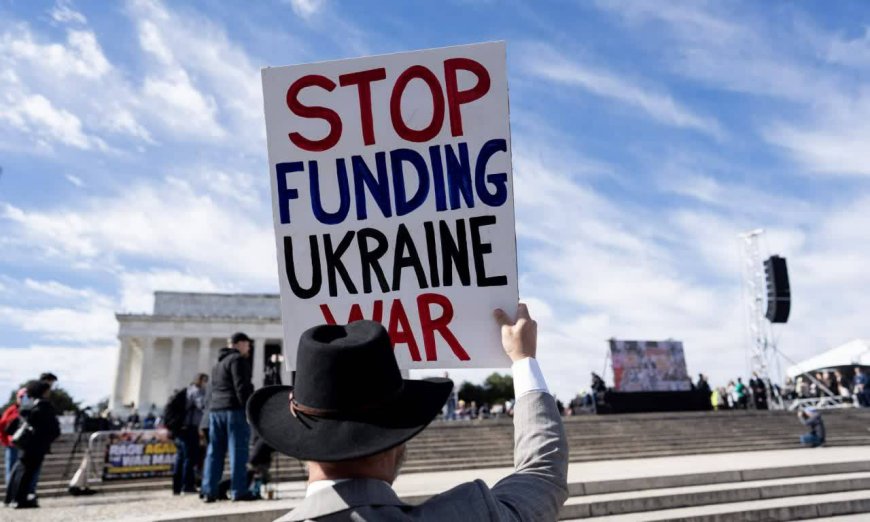The United States' Pursuit of Hegemony: Exploiting the War in Ukraine and Dominating Europe
The United States' Pursuit of Hegemony: Exploiting the War in Ukraine and Dominating Europe

The United States has consistently sought to disrupt the balance of power and establish a new world order in order to maintain and reproduce its own hegemonic order on the international stage. Following the collapse of the Soviet Union and the 1991 attack on Iraq, the United States attempted to stabilise the unipolar order by planning a new world order. However, this endeavour did not succeed, resulting in a shift from a bipolar to a unipolar structure in the international system. American leaders now perceive the war in Ukraine as a golden opportunity to form a unipolar system. They believe that the freezing and erosion of the war in Ukraine will weaken both Russia and Europe, leading to a more united and dependent European Union. This, in turn, would revitalise NATO, make joining the alliance more attractive, reverse the trend of foreign investments moving away from the US, and increase the power of US action through the "securitization of the international discourse."
In line with these objectives, the United States has taken various actions. One such action is the export of energy to Europe, aimed at reducing Europe's dependence on Russian energy. However, this has come at a high cost for Europe, with gas prices being nearly four times higher than those within the United States. Consequently, senior European officials, expressing disappointment with the Joe Biden government, have accused the United States of profiting from the war in Ukraine. They argue that America benefits the most from the conflict by selling gas to Europe at higher prices. Another action taken by the US is the imposition of significant costs on the export of military equipment to Ukraine and other European countries. This conflict has transformed into a war of attrition, leading to substantial benefits for American arms companies. The market value of companies like Raytheon Technology, Lockheed Martin, and Northrop Grumman has significantly increased since the start of the war in Ukraine.
In addition to seeking benefits from the war in Ukraine, the United States has demonstrated an interest in dominating Europe. President Joe Biden has authorized the Pentagon to send 3,000 army reserve forces to Europe, a move reported by the American media. This aligns with the policy of occupying Europe pursued by the Anglo-Saxon nations, as both Britain and the United States have stationed tens of thousands of soldiers in Eastern Europe over the past 16 months. The ultimate goal is to deploy more than 200,000 Anglo-Saxon soldiers in these areas. CNN has linked the dispatch of US reserve forces to Europe with the continuation of the war in Ukraine. Although the specific reasons for sending reserve forces have not been announced, other sources have accused Biden of inciting war in Europe and being interested in the continuation of Russia's war in Ukraine. In light of these circumstances, it appears that the United States will not demand an end to the war or the establishment of peace between Ukraine and Russia, considering its own interests.
Additionally, the United States views the European Union as an economic competitor and seeks its destruction. This perception has led to the belief that the US is using the war in Ukraine as an opportunity to dominate the European Union.













































